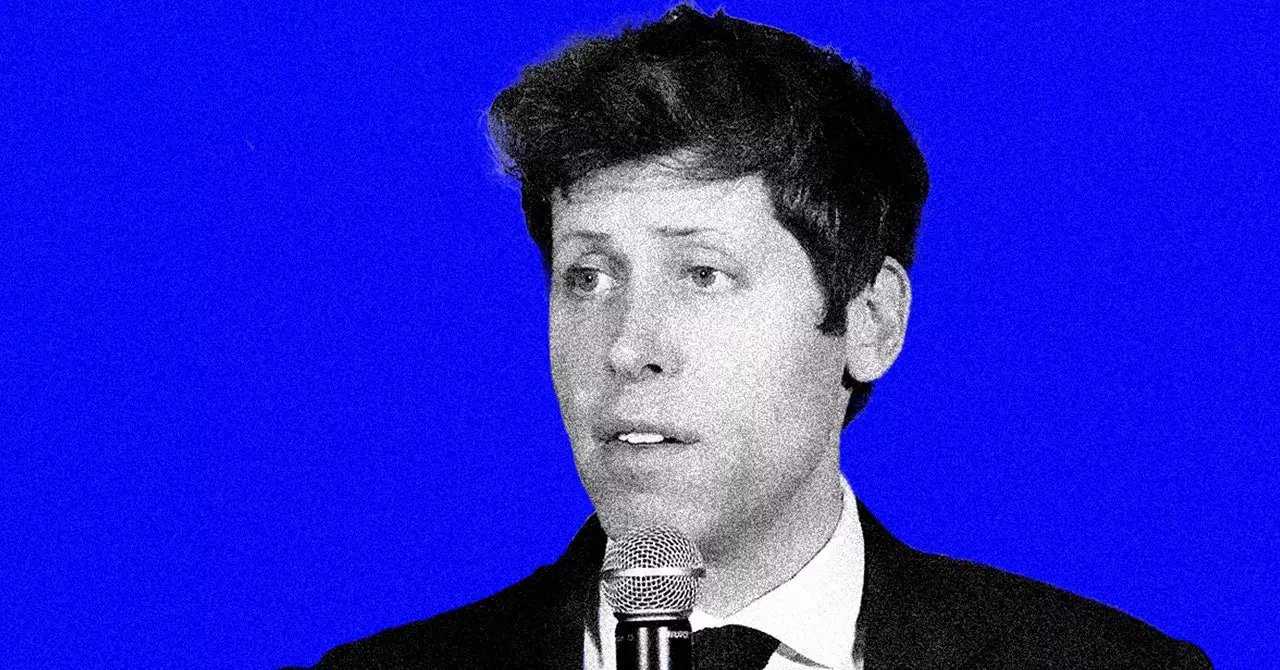OpenAI’s introduction of customizable Generative Pre-trained Transformers (GPTs) nearly a year ago marked a significant shift in the landscape of artificial intelligence. This innovative approach allows individuals, regardless of their technical background, to create tailored experiences using a low-code framework atop the existing ChatGPT capabilities. The initiative is particularly aimed at empowering non-traditional developers—educators, coaches, and hobbyists—who bring unique perspectives and needs to the table. By democratizing access to AI development, OpenAI aims to foster creativity and innovation within diverse communities.
The long-awaited launch of the GPT Store in January 2024 opened new avenues for creators and users alike. Accessible to those subscribed to ChatGPT Plus, Teams, or Enterprise, the Store presents a unique marketplace for custom GPTs that cater to varied interests and professional needs. With OpenAI’s promise of an equitable revenue distribution model for developers, especially through its upcoming revenue-sharing program, the excitement among budding creators is palpable. This program, particularly aimed at U.S.-based developers, presents a compelling incentive to engage with the platform, as they could earn based on user interactions with their customized GPTs.
Nick Dobos’s success with his coding GPT, named Grimoire, exemplifies the platform’s potential. As one of the most popular offerings in the GPT Store, Grimoire has facilitated over two million conversations, indicating a robust user engagement. Dobos shared that he was invited to participate in a pilot revenue-sharing program, which guarantees him a base earnings of $1,000 monthly, with opportunities for further income based on usage metrics. This reinforces the growing trend where innovative applications can yield financial returns for even those new to app development.
Adrian Lin’s experience further embodies this exciting wave. As an AI researcher in Singapore without formal mobile app development training, Lin seized the opportunity to utilize the GPT platform to create Copywriter GPT, which specializes in drafting advertising content. With estimates of around 600,000 interactions, his application has not only garnered significant user engagement but has also been featured prominently in the GPT Store, underscoring the quality and demand for well-crafted GPTs.
The expansion of options for developers, as indicated by OpenAI’s intentions to broaden access to monetization, holds vast potential for innovation. While the details surrounding payment criteria remain somewhat vague, industry expectations suggest that as more developers like Dobos and Lin emerge, the GPT Store could evolve into a bustling ecosystem. This could mean an influx of diverse applications, fostering a culture of creativity and new solutions that respond to real-world needs. With ongoing improvements, OpenAI may continue to refine its platform, ultimately enhancing user experiences and developer satisfaction alike.
The launch and evolution of custom GPTs heralds a vibrant future for grassroots innovation in AI technology, where non-traditional developers are encouraged to take the reins and shape the AI narrative with their unique insights and creations.

